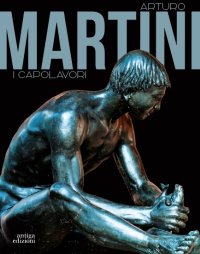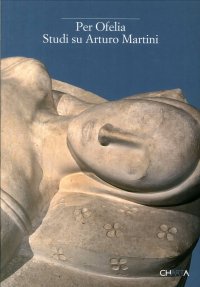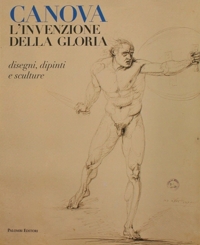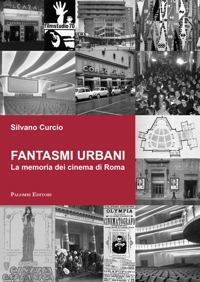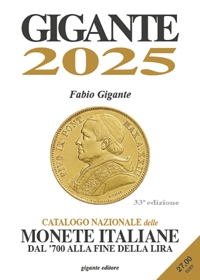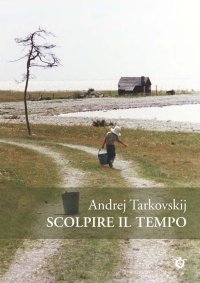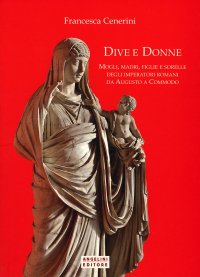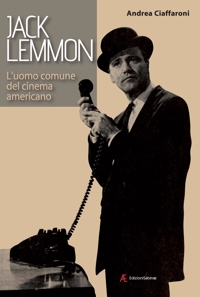Arturo Martini. I capolavori
Treviso, Museo “luigi Bailo”, March 31 - July 30, 2023.
Edited by Stringa Nico and Fabrizio Malachin.
Cornuda, 2023; paperback, pp. 278, col. ill., cm 23x29.
cover price: € 33.00
|
Books included in the offer:
Arturo Martini. I capolavori
Treviso, Museo “luigi Bailo”, March 31 - July 30, 2023.
Edited by Stringa Nico and Fabrizio Malachin.
Cornuda, 2023; paperback, pp. 278, col. ill., cm 23x29.
FREE (cover price: € 33.00)
Studi su Arturo Martini. Per Ofelia
Edited by Matteo Ceriana and Claudia Gian Ferrari.
Milano, Atti del Covegno, 19 maggio 2008.
Milano, 2009; paperback, pp. 136, 97 b/w ill., cm 17x24.
FREE (cover price: € 29.00)
Canova. L'invenzione della gloria. Disegni, dipinti e sculture.
Genova, Palazzo Reale, April 16 - July 24, 2016.
Edited by Giuliana Ericani and Franceasco Leone.
Roma, 2016; paperback, pp. 306, col. ill., col. plates, cm 23x30.
FREE (cover price: € 35.00)
Sixteenth Century Italian Drawings
Olszewski Edward
Harvey Miller Publishers
English Text.
London, 2008; 2 vols., clothbound, pp. 628, b/w and col. ill., cm 22,5x28,5.
(Corpus of Drawings in Midwestern Collections. 1).
series: Corpus of Drawings in Midwestern Collections
ISBN: 1-905375-10-7 - EAN13: 9781905375103
Subject: Graphic Arts (Prints, Drawings, Engravings, Miniatures)
Period: 1400-1800 (XV-XVIII) Renaissance
Places: Europe
Languages: 
Weight: 3.43 kg
Fabio Gigante € 25.65
€ 27.00 -5 %
Francesca Cenerini € 18.05
€ 19.00 -5 %






